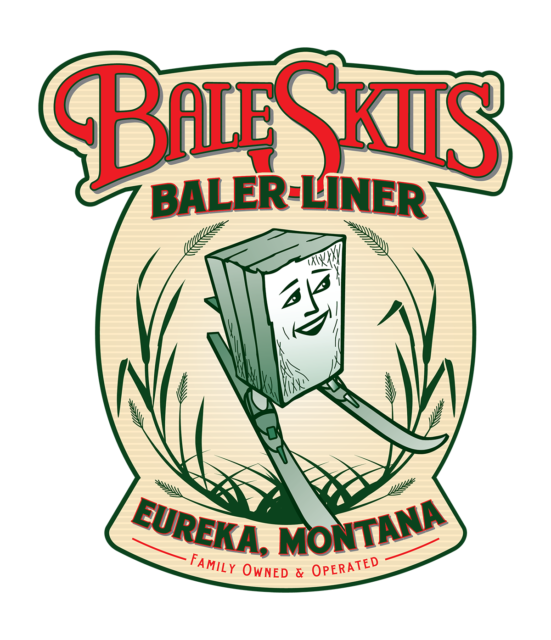Both of her parents graduated with animal science degrees.
Her older brother has a degree in ag journalism. Her sister and brother-in-law graduated with a double major in accounting and ag business and range science, respectively.
Not only did No. 3 shun the agriculture path in her choice of study, she also transferred from her parents’ alma mater to a rival school, which shall remain nameless pending the outcome of a particular football game this coming fall.
During Anna’s high school years, the thing she seemed to enjoy the most was arguing with her father. I might add that she was very skilled in this particular arena.
Honestly, it was a nearly impossible battle to win for either side when she and I would argue. If she gained nothing else from me, genetically speaking, she certainly inherited my need to have the last word.
My wife compared being stuck in the house, with me and my daughter during an argument, to a pheasant being run through the conditioner on the swather. It was always painful and it rarely ended well.
Ultimately, though, her in-home training seemed to prepare her well for her chosen course of study.
Now, when the phone rings at 10:30 at night, it’s usually my daughter wanting to discuss the merits of Alexander Hamilton’s position on the federal government’s role during the forming of the Constitution, or the adversarial friendship between John Adams and Thomas Jefferson, and Abigail Adams’ proper place in American constitutional history.
Even though I’m not often mentally sharp enough late at night to offer much intellectually stimulating conversation, these late night exercises have, nevertheless, heightened my awareness of and appreciation for the unique and divine origins and struggles of the U.S.
This past spring, as I was driving to a bull sale late at night, I was able to stay awake by discussing with my daughter the role of individual integrity and accountability in the potential success or failure of the Great American Experiment.
The conversation got me from Idaho Falls to Bozeman and served me much better than a pack of sunflower seeds and a jug of Dr. Pepper would have.
I know it seems cliché, but I don’t think we take time to realize and appreciate how good we really have it. I was reminded of this recently as I was listening to a presentation by Randy Blach of CattleFax.
It’s no secret we’re experiencing unprecedented good times in the cattle business. Although cattle numbers are lower than they have been in over six decades, beef production is still near an all-time high.
Four steers today produce as much beef as five did 25 years ago. Although the U.S. ranks No. 4 worldwide in number of cattle, we are easily the world’s largest beef producer.
The U.S. is also the world leader in poultry production and third in pork production. The production of the U.S. dairy industry is equally as impressive.
How is this incredible agricultural production possible? It’s not simply because we have the most and the best land on the planet. We don’t.
There’s no arguing that we’re blessed with a nice chunk of real estate, but the potential of what countries like Brazil and even Russia could produce absolutely dwarfs what we could do when you take a look at a map of the world.
I think it’s because of our faith in, and adherence to, a system that allows people to freely do what they want to do and encourages them to develop and cultivate ideas and processes. It’s the ideal that drove folks like Jefferson, Washington and Lincoln.
It’s what led people to give everything they had in the belief that they were sacrificing for something better for future generations they would never know. In America we have every opportunity to fail, but we also have every opportunity to keep trying.
Even though we don’t all agree with each other, we have the God-given right to that disagreement. That’s what makes our system great and what makes it work. We can even argue with our kids, but in the end, we can become better because of it and in spite of it. FG










